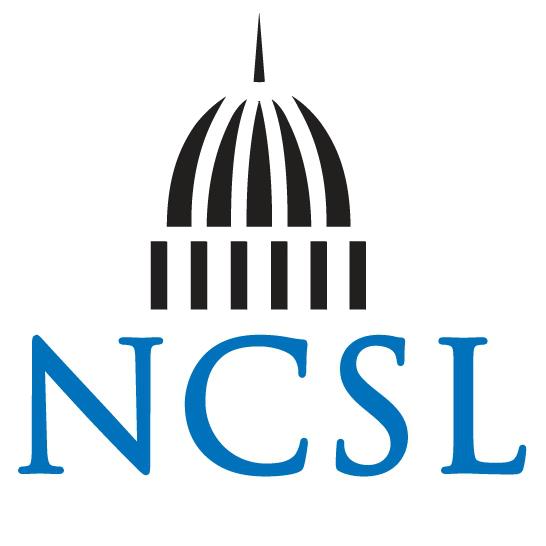
Another national organization of U.S public officials has added its name to a growing list of supporters seeking congressional reauthorization of the country’s EB-5 Regional Center Program. The National Conference of State Legislatures (NCSL) recently adopted a resolution that calls on Congress not only to reauthorize the economic development program created in 1990, but to also add provisions to improve its integrity, transparency and effectiveness.
The EB-5 Program was designed to create jobs as a result of foreign investments. Qualified foreign participants in the program make a prescribed financial investment in a commercial enterprise in exchange for visas for themselves and immediate family members.
In addition to NCSL, resolutions in support of the EB-5 Program have been adopted by the National Association of Counties and the U.S. Conference of Mayors. The program also has been endorsed by American EB-5 industry stakeholders, some of whom have signed a letter delivered to members of Congress to seek an extension to and reform of the program.
Many state and local officials say the program has been a boon to economic development in their areas, from adding to property and business tax revenues to creating jobs in their areas. The NCSL resolution notes that from 1992 to the present, the EB-5 program has resulted in more than $16.2 billion in foreign investments and has supported more than 171,000 American jobs.
Recent figures from the U.S. Department of Commerce show that the EB-5 Program last year accounted for 14 percent – or $4.38 billion – of the $3.1 trillion in foreign direct investment in the United States. Some examples of the projects include apartments, energy projects, hotels, offices and restaurants.
To qualify for the program, foreign investors must invest in a commercial endeavor that either preserves or creates 10 full-time jobs for American workers. The minimum qualifying investment is $1 million and can include cash, equipment, inventory, other tangible property and in some cases cash equivalents and debt secured by the foreign investor’s assets. However, if the investment is in a qualifying rural area or an area with high unemployment, the minimum investment is $500,000.
In exchange for a successful, qualified investment, the foreign investor is eligible for an EB-5 visa. Visas can also be made available for the investor’s spouse and unmarried children under age 21 for a two-year conditional period. If the investor petitions successfully for removal of the conditions after the two-year period and the conditions are removed, the spouse and children will be allowed to live permanently in the U.S. and work and go to school in this country.
SB 2415, the EB-5 Integrity Act, is currently awaiting congressional action. The program faces a Sept. 30 deadline for congressional reauthorization. Because of the economic development impact the program has had in the past and the number of jobs created for Americans, state and local officials are making a case for continuing the EB-5 program and will be closely monitoring the bill.
